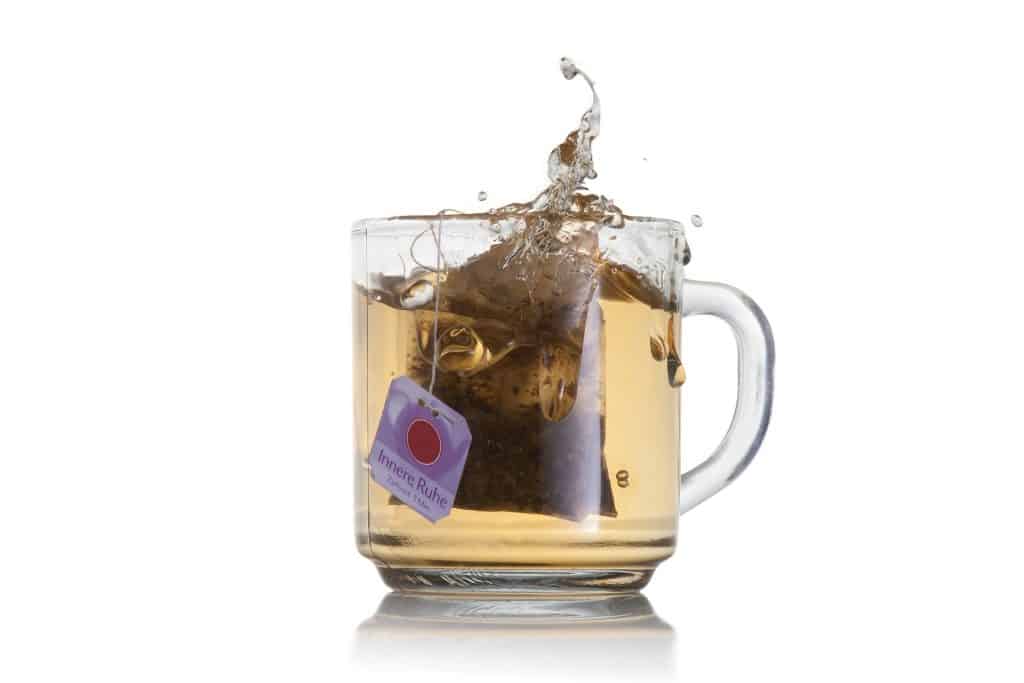Jump Start Your Healthy Lifestyle With a Cup of Tea
Researchers in China have concluded a long-term study[1] to determine if drinking tea is beneficial for preventing heart disease. Previous studies had fallen short of providing any conclusive evidence. Using data analysis, they were able to determine that there are certain health benefits to drinking tea. Two of those benefits include a reduction in heart attack and stroke.

What the researchers set out to accomplish
Over 100,000 Chinese adults participated in the collaborative study. The researchers gathered health history and hospital records from 15 provinces dating back to 1998. Questionnaires regarding the participants’ use and frequency of their tea consumption were also studied. They wanted to find out what effect drinking tea had on the Chinese population.

What the study showed
Those who drank tea at least three times per week or more lived longer without the incidence of cardiovascular disease than those who were not frequent tea drinkers. Men fared slightly better than women, probably because men drink more tea in China than their female counterparts. The incidence of stroke was lower for men than for women. Although the study showed that both black tea and green tea were beneficial, green tea had a slight edge, most likely due to its higher antioxidant properties.

Can drinking tea help you reduce heart attacks?
According to the study’s findings, regular tea consumption can reduce atherosclerosis, which is a disease where the arteries narrow due to the build-up of plaque. Blood flow restriction causes the heart to work harder than it has to. The impending result could eventually lead to a heart attack. The study found that tea consumption helped reduce the incidence of atherosclerosis. The frequency of strokes in men was also reduced, according to the researchers.
Green tea is the shining star
The benefits of green tea have been studied for many years. The research shows a correlation between regular consumption and increased health benefits. For example, green tea is shown to have thermogenic properties that aid in weight control. Also, the high levels of antioxidants help to reduce the effects of free radicals, which lead to certain cancers. Other benefits include detoxification and improved digestive health. It can even be used as a home remedy for gingivitis!

Green tea is made from the Camellia Sinensis leaves and buds that undergo a gentler manufacturing process than that of oolong teas and black teas. The result is a higher level of antioxidants and other nutrient properties. Black tea is boiled to a temperature of between 80 and 90 degrees Fahrenheit, and as a result, loses some of the beneficial characteristics that green tea offers.
Incorporating tea into your healthy lifestyle
To get the maximum health benefits, select a high-quality tea. Some of the grocery store brands are overly processed and can lose their potency. The best green teas on the planet are sourced directly from Japan, the most renowned being Matcha. Drink up to 10 cups daily. Just remember that both black and green teas contain caffeine. The side effects can be irritability, nervousness, and a rapid heartbeat. It is possible to purchase decaffeinated tea, but you will likely lose a large portion of the health benefits due to the added processing required to remove the caffeine.
Green tea is also available in capsule form. Be sure to select a standardized product containing at least 80-90 percent polyphenols and 35 to 55 percent epigallocatechin gallate. This will ensure you are receiving the maximum potency. Be careful to follow label directions. There have been reports in recent years of liver toxicity due to overdose.
References
1. “Tea consumption and the risk of atherosclerotic cardiovascular disease and all-cause mortality: The China-PAR project”


Tim is the founder of FitAtMidlife.com – an avid gym rat for 30+ years, he’s a reviewer of many, many shoes – and founder of the Speed Bag Gathering – the world’s only gathering of speed bag punching enthusiasts. See more gym reviews at Tim’s YouTube channel.

